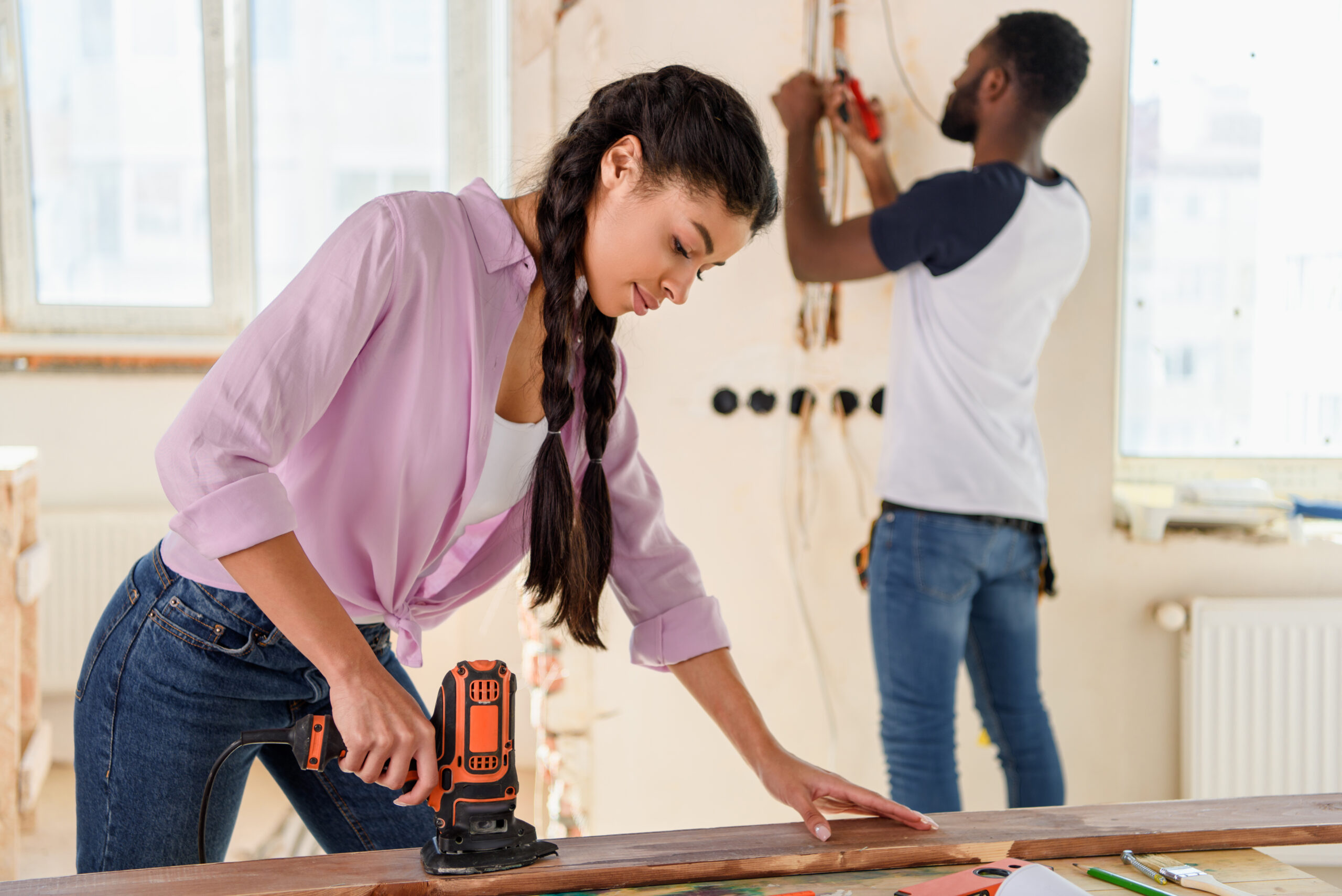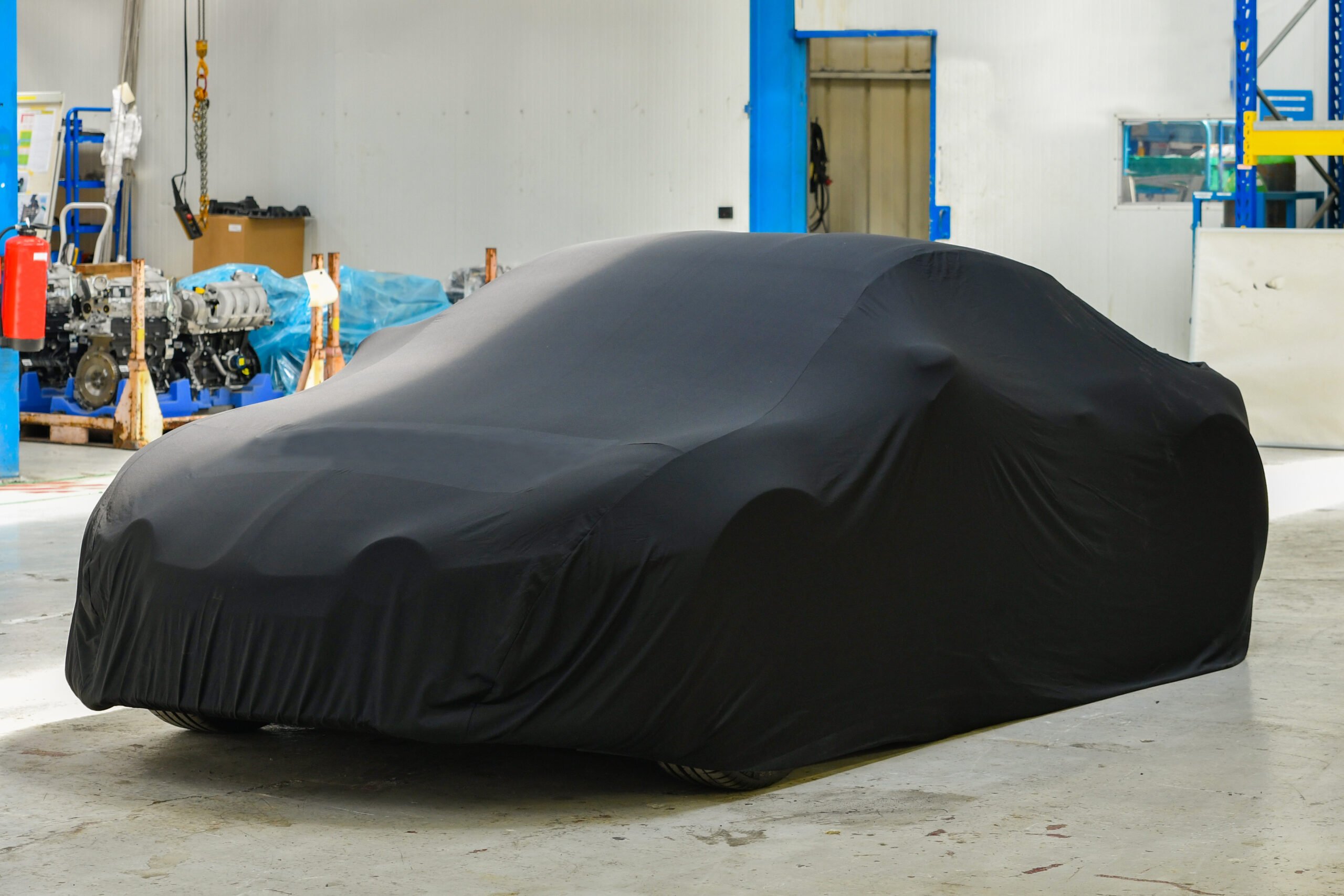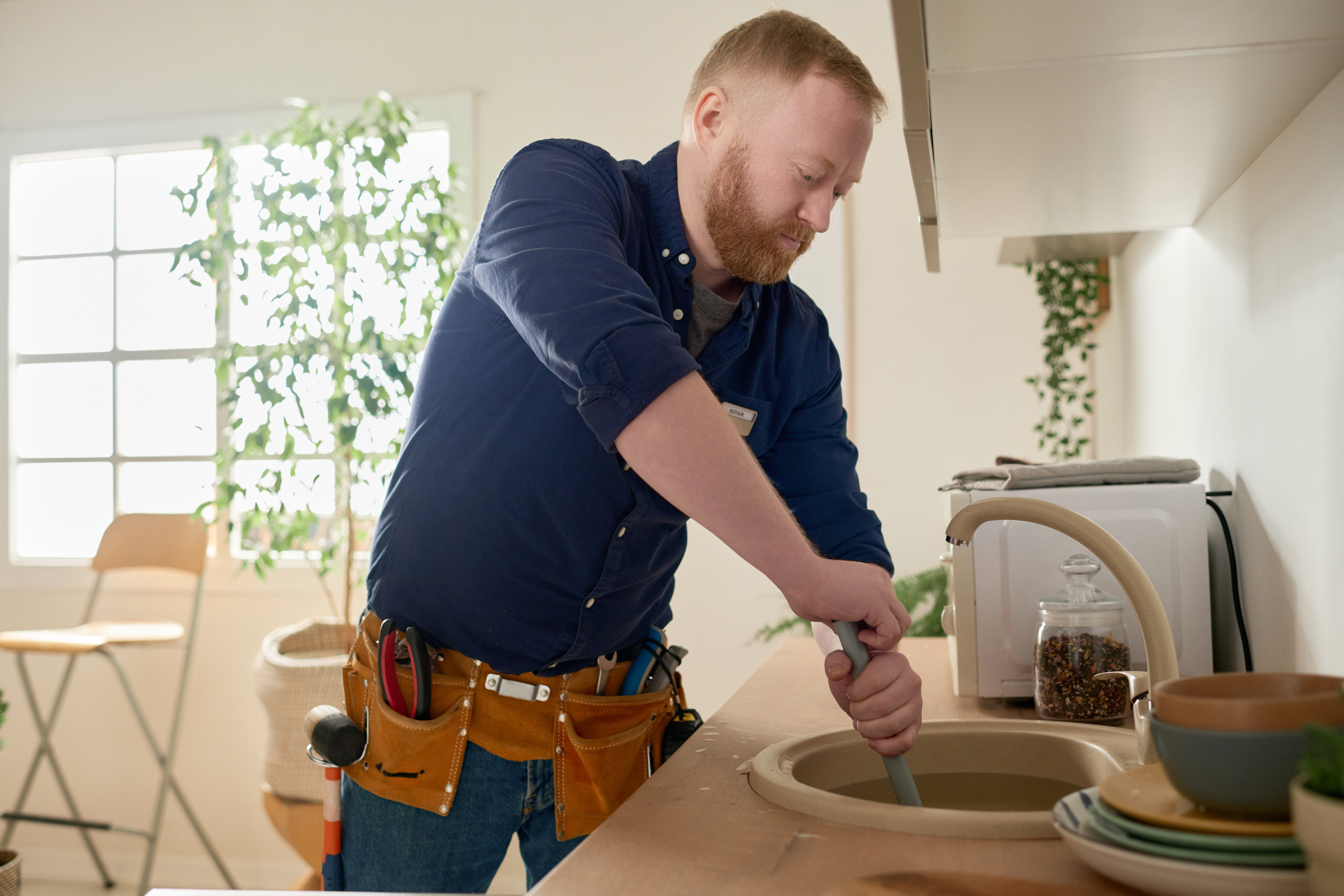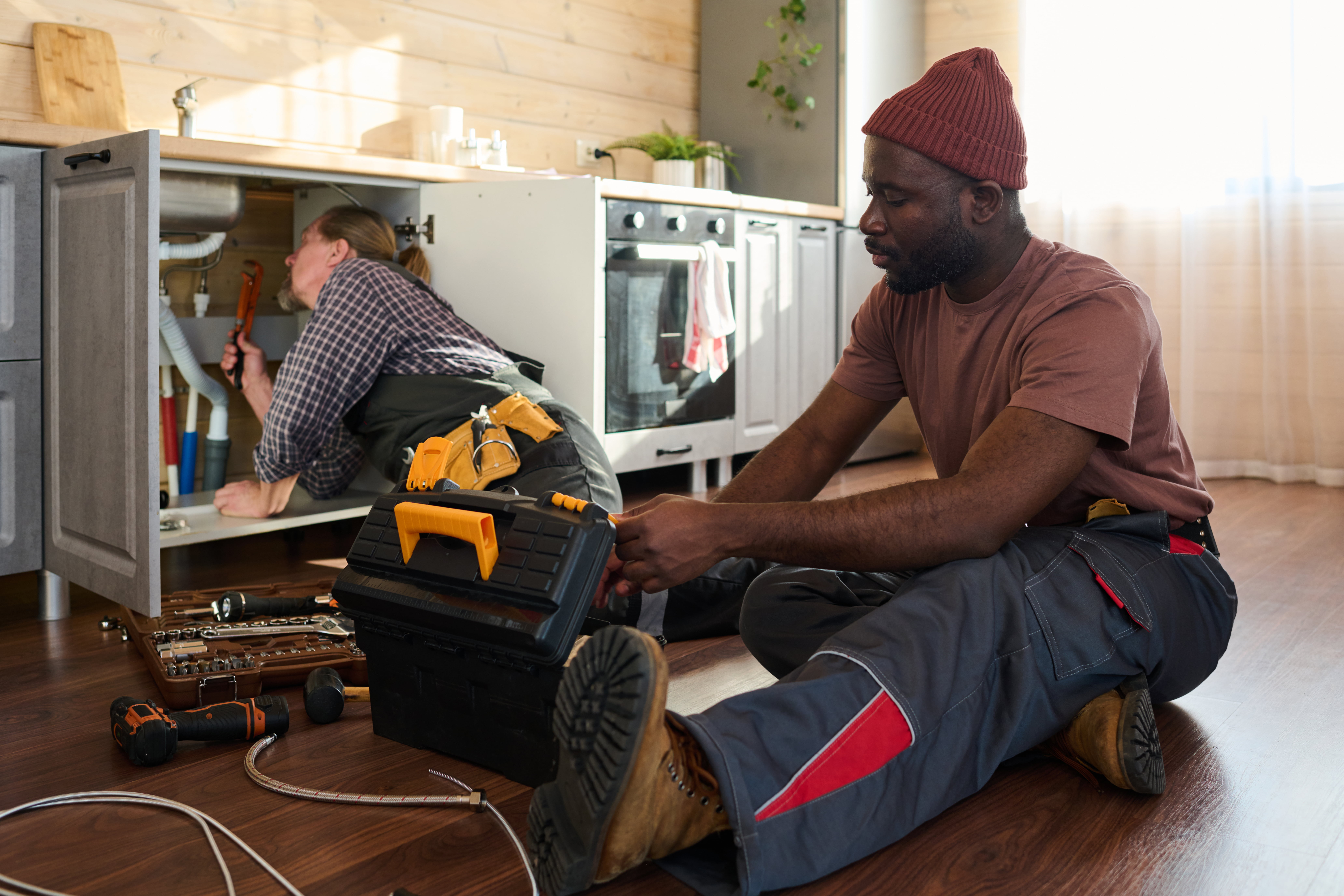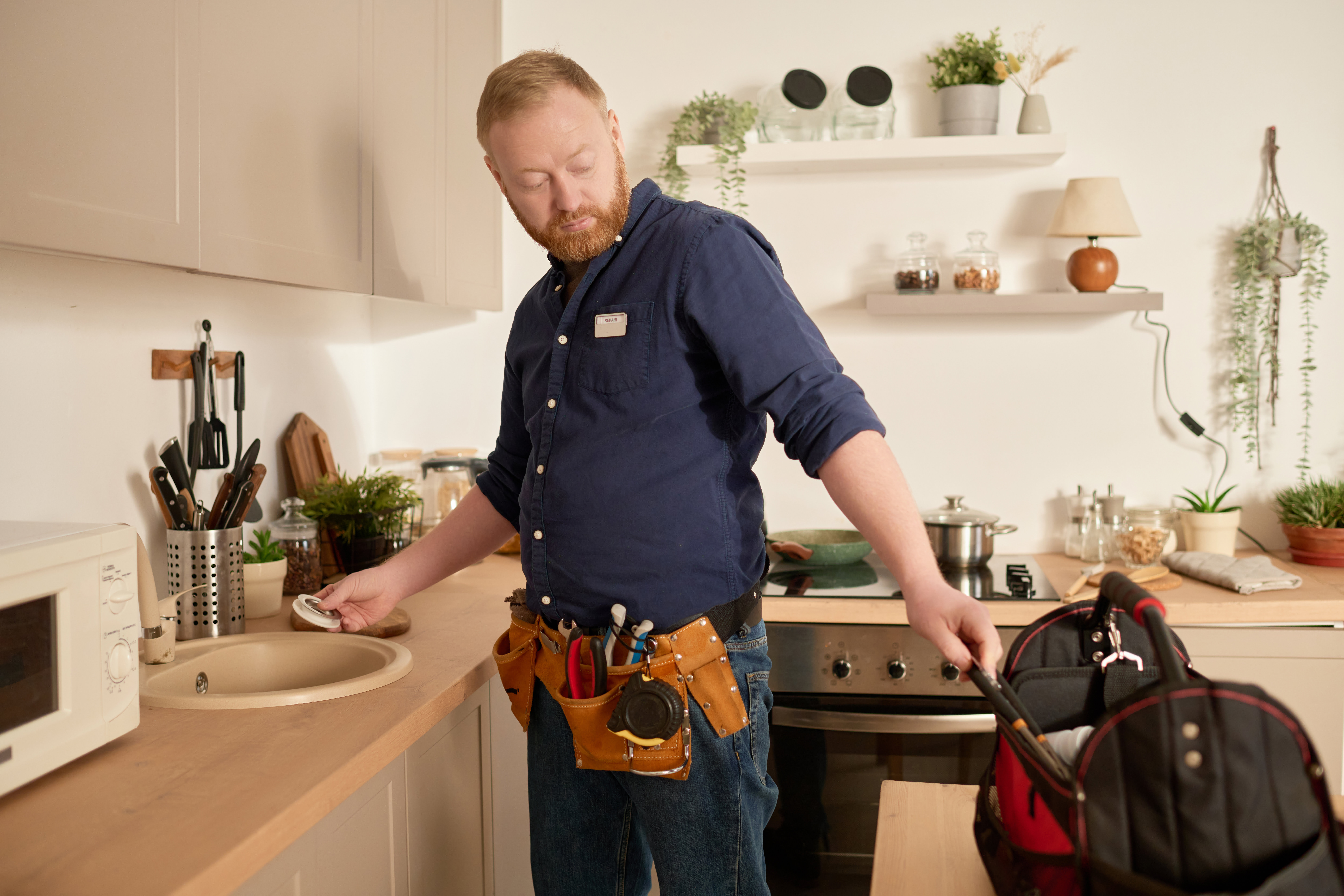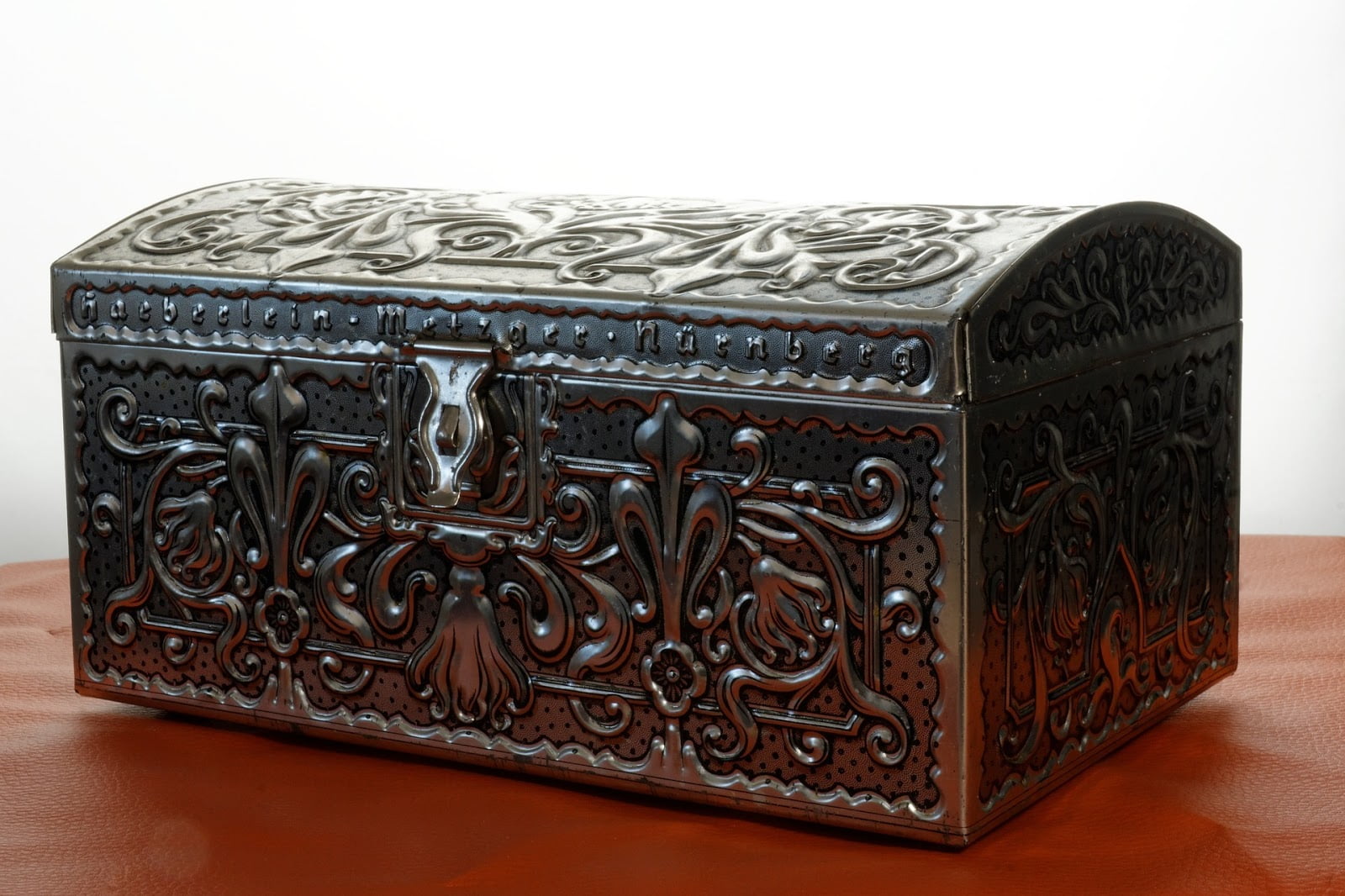When becoming a homeowner, there are some common issues that you will want to look out for when you first purchase a home. You’ve been waiting and saving to buy this place; you and maybe your family are going to be living there. You deserve to know if there will be any issues being a potential buyer. A good thing would be to hire someone like a certified home inspector before purchasing it unless you know what you’re looking for.
Some real estate agents will try to sell you anything without a second thought or care; their only care will be the commission they get. You could have a few issues like leaks, a clogged air filter, damaged appliances, electrical problems from electrical connections, gaps and cracks in the deck or patio, or cracks in the sidewalk or driveway. After figuring out the problems, you could negotiate to lower the price of the asking price. This will give you an idea to help you understand what some common home issues are nowadays as a new homeowner.

An unsafe heating system or faulty air conditioner is hazardous.
Older heating systems or a poorly maintained one can cause various health and safety hazards. During home inspections, it is quite a common problem, actually. There’s a good chance you may have to replace the old furnace with a new one, and that is a major expense. As a new homeowner, you shouldn’t have to deal with that headache. It’s a good idea to inform the home seller of the issue to ask for a lower price.
Another issue is a faulty or broken air conditioner or ac system. As a potential buyer, you will want to look out for these issues. You’ll want to make sure the AC constantly turning on and off will not be a problem. An HVAC technician can be costly, especially having to install an entirely new HVAC system. Installing a new ac system or ac unit isn’t as pricey, but it shouldn’t be your headache to deal with; that should be up to the real estate agent. It might be as simple as a burnt-out evaporator coil or a dirty air filter blocking the ac unit from working. The coil can become costly, though.
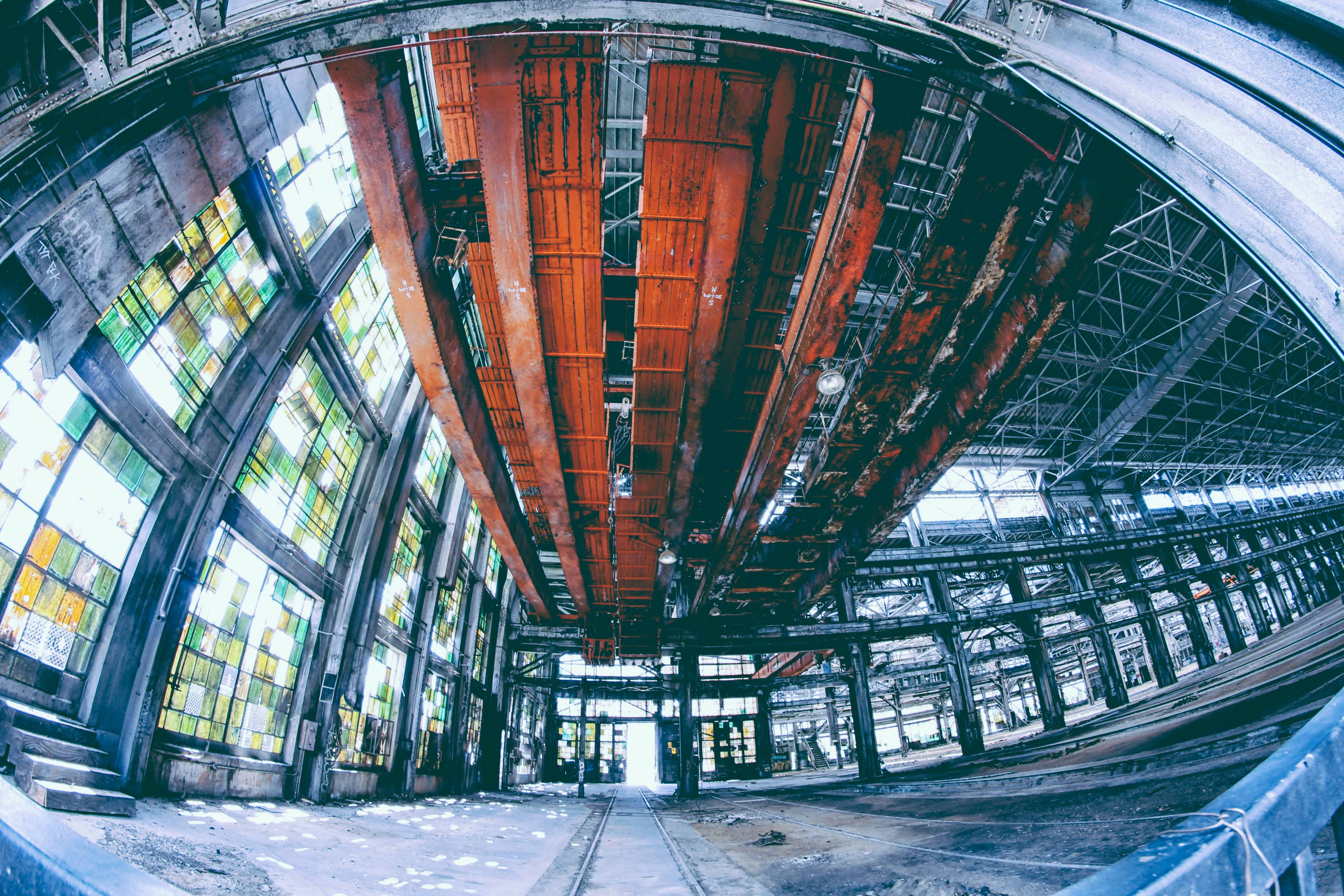
Minor or major structural damage from poor maintenance is problematic.
If you need advice for making a quick sale, you need to look at structural damage. Examples of some damages include cracked or peeling paint; make sure to check behind any furniture or fixtures for anything hidden. With crumbling masonry, you will absolutely want to see the foundation’s condition. The foundation is what holds the house up; if the foundation is in bad shape, then we suggest avoiding this home at all costs. Lastly is some shoddy wiring or plumbing. While painting a wall or replacing a fixture might be a simple task for fixing up a home. Masonry or fixing electrical issues such as circuit boards is not a simple fix and can be extremely costly and dangerous; you will need a professional.
Some masonry damage and structural damage aren’t all that bad and can be repaired fast. Water seepage is usually the main cause of these types of damages but won’t cost you much money. Damages such as floor joists, rafters, windows, or door headers can be a simple fix. If a home inspector is to find any of this, then the first thing that will be fixed will usually be a leak in the roof that is the cause of the problem. Sometimes the seepage can be more discreet. Be sure to have the home checked thoroughly. But most importantly, don’t forget when you’re buying a home that needs issues fixed, the more extensive the damage, the more expensive it will be to repair.

Seek advice before buying a home.
Lastly, is some advice before going forth and purchasing a home. Make sure it is the home of your dreams, be sure you really want to invest your hard-earned money into this. If it’s going to cost you an arm and a leg to get the house in shape, do you really want to buy this house? As long as you follow best practices, you’re more likely to find the right fit.




